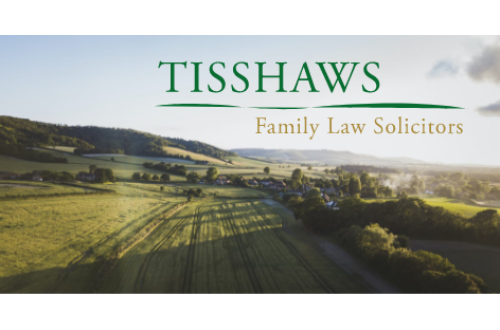Guide to Non-Court Dispute Resolution
What is Non-Court Dispute Resolution (NCDR)?
While traditionally issues resulting from family breakdown would be resolved by going to court, there are now a variety of ways families can solve their problems without resorting to the courtroom. These are known as non-court dispute resolution (NCDR) or non-court dispute resolution.
In family law, NCDR approaches include mediation, collaborative law and arbitration.
Our video explains the different methods for resolving family breakdown.
What are the advantages of NCDR?
The main advantages of using NCDR approaches to resolving family issues are related to cost and time, along with minimising stress and hostility.
Solving your problems in the courtroom is not only expensive but can be a lengthy process. What’s more, going to court can feel intimidating for some people and increase stress levels at a time which is already emotionally challenging. These heightened emotions can also increase the hostility that couples feel towards each other.
Another advantage of using NCDR approaches is confidentiality. While issues resolved in the courtroom are in the public domain, NCDR procedures are confidential, affording you and your family total privacy.
Our video explains why it is best to avoid going to court if at all possible.
Are NCDR decisions legally binding?
Any agreements reached through mediation can be made into a legally binding document known as a Memorandum of Understanding. If your case involves financial matters, your agreement can be drafted into a Consent Order which makes the settlement legally enforceable. Cases involving child arrangements are drafted into a Child Arrangements Order before being submitted to the court to be made legally binding.
Agreements reached through collaborative law, a process which involves the couple and their respective solicitors sitting down together to reach a settlement, can be made into legally binding documents by each solicitor.
Arbitration is final and legally binding. Decisions made by an appointed arbitrator are legally enforceable in the same way as a court judgement.

What is Early Neutral Evaluation (ENE)?
In some cases where agreement cannot be reached, a couple can seek an Early Neutral Evaluation (ENE) on the likely outcome of their case were it to be heard in court. The parties pay for a private judge or barrister to evaluate the case and while this is not legally binding, the process serves as guidance to help couples work towards agreement.
Our video explains the process and benefits of Early Neutral Evaluation (ENE).
What happens if going to court is unavoidable?
Sadly, there are some cases where going to court is unavoidable. This may occur where one party has failed to provide full financial disclosure or one party is holding out for an unreasonable financial settlement. While we will do everything we can to help you avoid the necessity of going to court, rest assured that we are experienced litigators and will ensure the process is as smooth as possible.
Our video explains what happens if going to court is unavoidable.
If you would like to discuss ways to resolve your family breakdown without going to court, please contact us
We offer an initial no obligation one-hour appointment for just £100 (Incl. VAT), so you can talk through the options specific to your personal circumstances with a qualified lawyer.
Book a consultation to discuss your options –
Only £100 (Incl. VAT)
We know how difficult divorce and separation can be, so we offer an initial one hour fixed fee consultation with a fully qualified lawyer, to help you make an informed decision about how to proceed.
To book, please call 01444 472700 or complete the quick contact form.